Parliament Report 2020
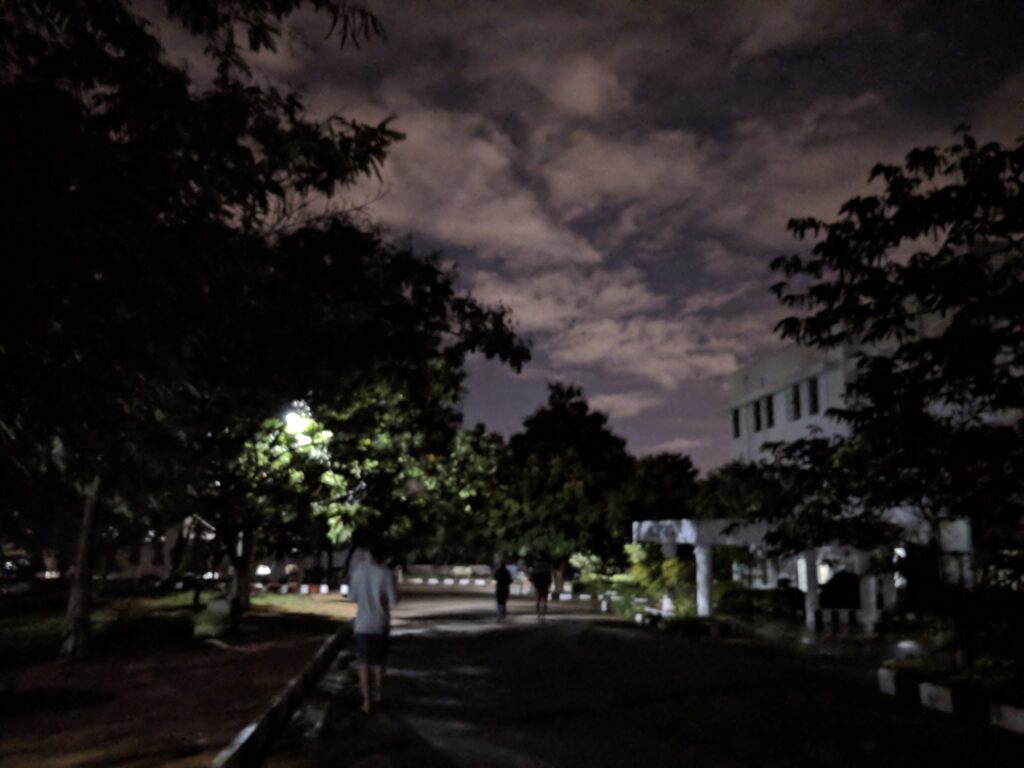
The annual report of the Student Parliament for Academic Year ‘19 – ‘20 came out on July 28th. This article covers various issues discussed, solutions proposed and decisions taken by the Student Parliament over the last academic year.
Hostel Issues
- Washing Machines:
The deteriorating condition of washing machines is one of the main issues faced by the student community. The condition of several washing machines was extremely poor, some even deemed irreparable by the maintenance team. After deliberations, it was decided to purchase new consumer-grade machines to replace a few of the non-functioning machines. Some machines were also kept as a standby in case any other machines broke down. Palash Niwas (OBH) was allocated 6 machines, Kadamb Niwas (NBH) was allocated 2 machines and Parijaat Niwas was allocated 2 washing machines.
- Water Quality at Parijaat Niwas:
The Parliament also looked into the long-standing complaints with regard to the quality drinking water at Parijaat Hostel. Many measures were taken to address the issue. The pipeline was changed as well as multiple servicing of the RO plants were also carried out including chemical treatment of the pipelines. New water-coolers were also procured in the process. Regular drinking water supply was maintained by the use of water canisters, as a temporary measure in the meanwhile.
- UG3 stays at Bakul:
The Parliament also actively participated in the room allocation process. The SAC recommendation which suggested UG3 be accommodated within Bakul Niwas was enforced.
- Random Checks:
The body also took a stand with regards to the Institutes decision to perform random checks in Student Hostel, as a measure against substance abuse. The members of the Parliament met with the concerned authorities and successfully convinced them that such a decision raises privacy concerns from the students and might be detrimental to the relation and trust between the hostel management and the students. A middle path was agreed upon, wherein the hostel caretaker would take occasional rounds of the hostel corridor and would inspect a student’s room only if any suspicious activity is observed.
- Conversion of Hostels to Quarantine Zones:
The pandemic led to unprecedented issues. The administration made a decision to convert the Block B and C of Parijaat Niwas as quarantine zones for research scholars returning to campus. This was opposed by the parliament, due to privacy concerns. As an alternative, the OBH was recommended, given the higher number of vacant rooms. However the administration rejected this and elaborated that the blocks were chosen as per the recommendations of the medical advisor based on multiple parameters.
- Vacating of Rooms by Graduating Students:
Following requests to vacate hostel rooms for the graduating class, parliament sought to mediate discussions between the wardens and students. While the outcome was unchanged, they played a role in providing clarity and offering alternative.
Student-life issues
- Spreading Awareness on National Level Issues:
Two debates on CAA/NRC were held to allow dialogue and discussion on campus with regards to the issue. The body also took a stand against the systematic violence against students across the country and framed a Statement of Solidarity, demanding vehement condemnation of any form of violence inflicted on students.
- Cross-Entry
The basement (cellar) area in the Parijaat A and B blocks are set to be transformed into a common room, the first space in hostels to allow cross entry. This decision was made following a dialogue between the students and the administration on the matter, mediated by the Parliament. The issue was followed upon by the student body throughout the year.
- Bakul Honesty Box:
The body was also actively involved in the management and running of the Bakul Honesty Box. The BHB, was a crowd-sourced, not-for-profit initiative that began in Spring 2020. The box promoted a retail model based on trust, where the students could buy snacks and pay for it electronically, without any supervision. The Box was run on trial basis for 4 weeks during Monsoon 2020. The initiative was met with tremendous support and received appreciation not just from students but also the faculty and the Director as well. The initiative is set to start full-time time once the institute reopens physically.
- Parliament Website:
In order to help students connect better with the student body and be aware of its activities, the Parliament has decided to host its own website. The development of the website is in progress, and is tentatively set to receive the domain parliament.iiit.ac.in .
Academic activities
- Diversity Channel:
The Parliament was involved with several discussions pertaining to the proposed gender diversity mode of admissions and conveyed the concerns and sentiments of the student community to the concerned authorities. The parliament also worked towards identification of obsolete information on the college website (especially related to UG admissions) which were subsequently resolved.
- Academic Help-Cell:
The parliament in coordination with the Academic Office, played a good role in organizing an academic help cell, primarily aimed at helping students (especially UG-1) having difficulties coping with their academics. The activities include senior students volunteering to take doubt sessions / remedial classes for the students.
Financial Issues
- Refund of Utilities Fees:
The parliament followed up on the issues of fee refund following, errors in the utilities fee for the Monsoon 2019 semester. Due to some issues with coordination between the different departments, this was delayed for over an year. The Parliament also involved the Registrar and currently has been assured that any pending refunds will be adjusted in the Monsoon 2020 fee. The graduating students who had paid the excess fee, would be credited the excess amount with the caution deposit.
- Fees for Online Semester:
The financial concerns of the student community concerning fee payment for the semester of Monsoon 2020 were also put forward by the Parliament in the Students Affairs Committee (SAC) meeting. A survey form was also released to assess the number of students that may require financial aid. The body also proposed that students be given an option to pay fees on a monthly basis instead of requiring the students to pay the complete amount in one go. The Parliament had demanded that all extraneous charges be waived, since the semester was being conducted online. In response to the Parliament’s demands, the institution reduced the total semester fee Monsoon 2020. Further, students in need of financial assistance were assured appropriate financial assistance.
Mess and Stall Issues
The parliament was involved in routine activities pertaining to the running of messes and stalls on campus. This included regulation of prices, drafting of menus for the messes, inspection of in order to ensure hygiene, maintaining the quality of food etc. The stalls were instructed to follow the decision to avoid single use plastics, as a part of the Green Campus initiative.
Health Service Issues
The parliament was involved in routine activities pertaining to the running of Aarogya, the in campus clinic. Few recommendations made by the parliament in the regard, including the change timings to allow students to visit the clinic outside class hours and setting up of an in-campus chemist shop, was unfortunately dropped.
The parliament also was involved in other activities such as ensuring that the Security personnel have sufficient knowledge on first-aid procedures and assisting students in regard to their leave applications and medical reimbursement.
IT issues
- Migration to Microsoft Office 365:
The switch to Microsoft Office 365 suite from G-Suite for mailing service and other such activities was made last year by the institute. The Parliament had advocated to retain G-suite services, since apps like Google Drive were more popular than their Microsoft counterpart. However it was clarified that the decision to migrate has already been taken and it could not be reverted. The parliament however was assured that the migration would be gradual as to ensure no data stored by students on the G-suite would be lost. The migration of email was done first and the institute shifted from using Gmail to Outlook. A new domain (webmail.iiit.ac.in) was also provided to access the email.
- Grammarly Subscription:
The IT services had trial tested the premium version of Grammarly. The Parliament then conducted a survey to determine the usefulness of the subscription to which there was an overwhelming positive response. Based on the response the institution has activated the premium subscription of the software for students and faculty.
Security Issues
Several security related concerns were discussed by the parliament including installation of CCTV cameras in strategic locations like messes and server rooms to enhance security, regulation of inflow of people delivering food and other items, regulation of maintenance staff into hostels (especially the girls’ hostel) due to privacy concerns etc. The failure of security guards in ensuring biometric authentication for both inward and outward movement to and from campus was discussed too.
The entire report can be viewed at this link.

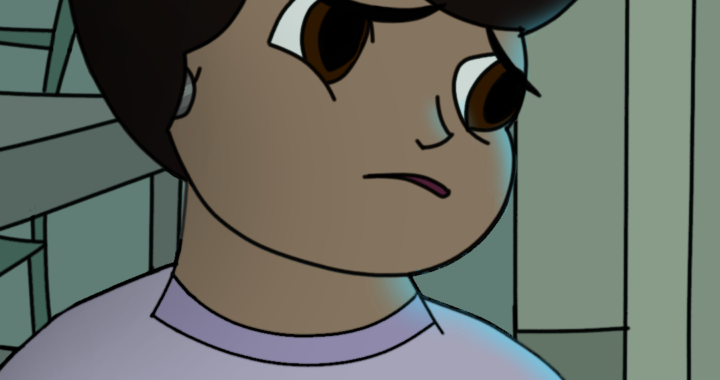 Qu’ils mangent de la grenouille! (Let Them Eat Frogs!)
Qu’ils mangent de la grenouille! (Let Them Eat Frogs!)  Tale of Two Cheenties
Tale of Two Cheenties 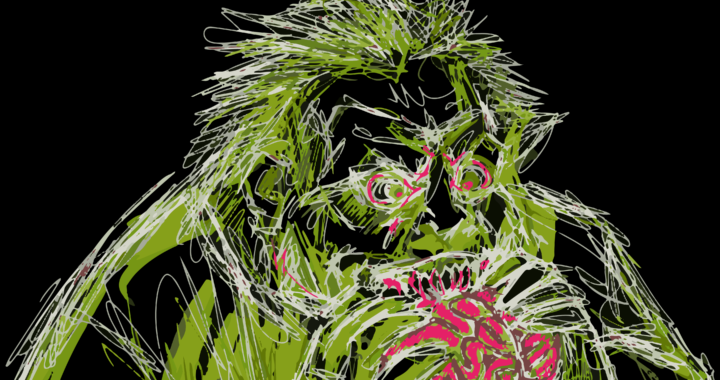 Peace of mind.
Peace of mind.  Boats and Valorant
Boats and Valorant 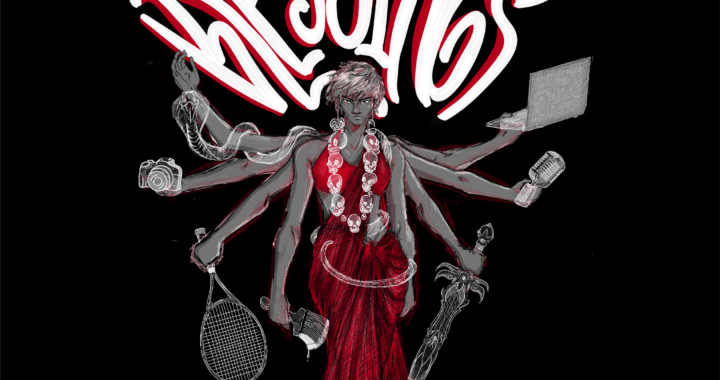 Blessings
Blessings  Shivering in the sunlight
Shivering in the sunlight 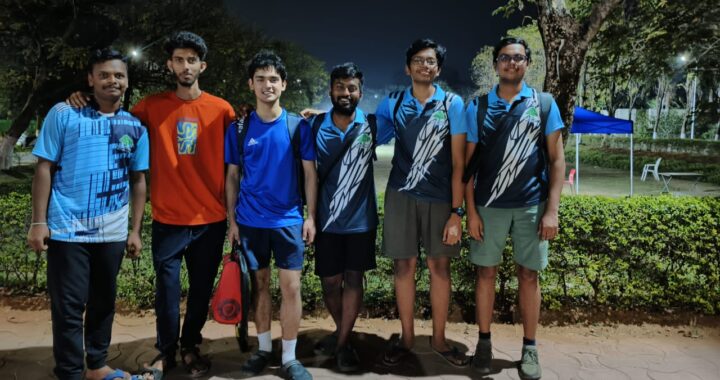 A perspective on sports in IIIT
A perspective on sports in IIIT 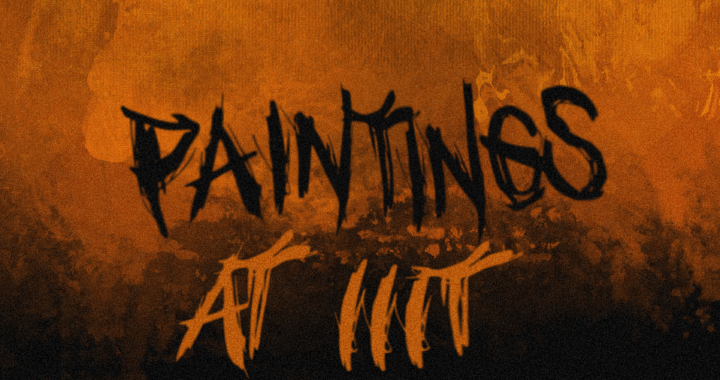 Paintings of IIIT
Paintings of IIIT 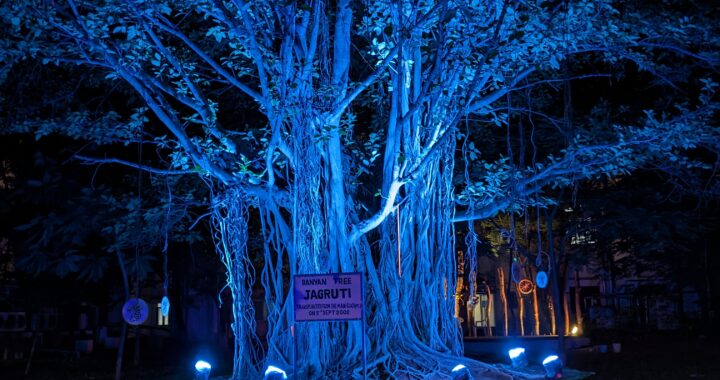 The Tale of Jagruti
The Tale of Jagruti  Cleaning up the Mess?
Cleaning up the Mess?
2 thoughts on “Parliament Report 2020”
Comments are closed.